Premium Only Content
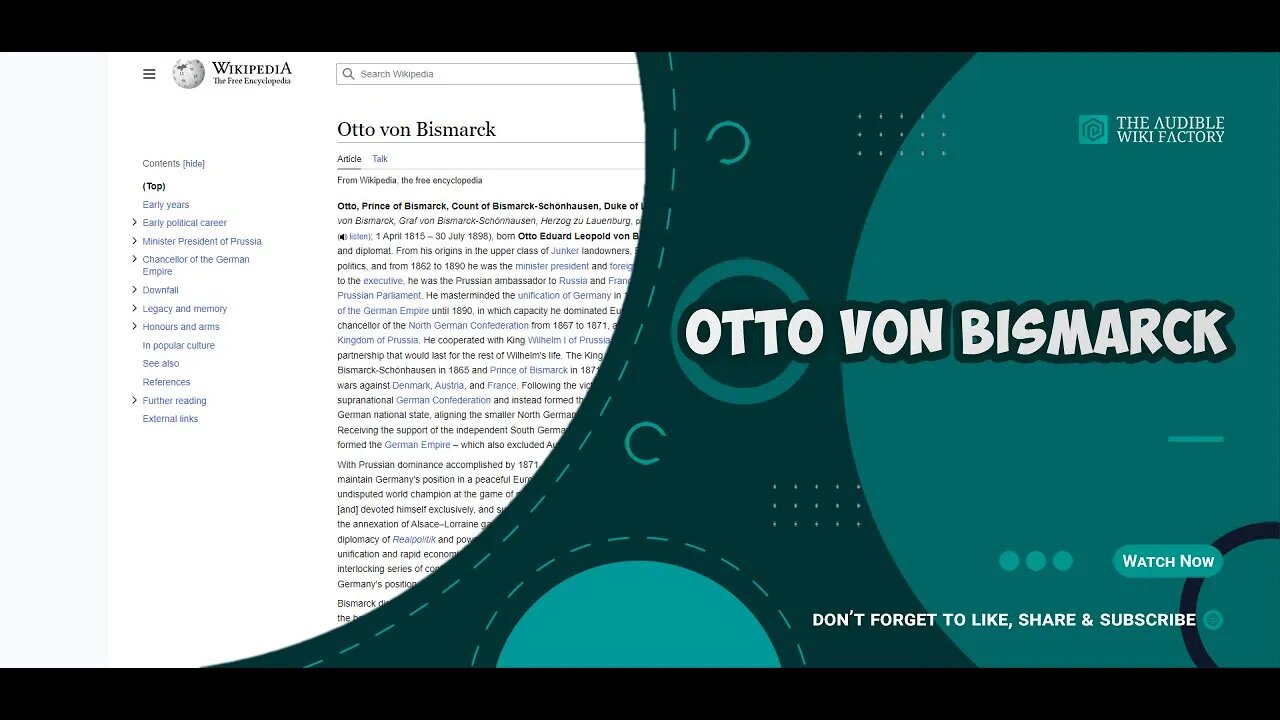
Otto, Prince of Bismarck, Count of Bismarck-Schönhausen, Duke of Lauenburg, born Otto Eduard
Otto, Prince of Bismarck, Count of Bismarck-Schönhausen, Duke of Lauenburg, born Otto Eduard Leopold von Bismarck, was a German statesman and diplomat. From his origins in the upper class of Junker landowners, Bismarck rose rapidly in Prussian politics, and from 1862 to 1890 he was the minister president and foreign minister of Prussia. Before his rise to the executive, he was the Prussian ambassador to Russia and France and served in both houses of the Prussian Parliament. He masterminded the unification of Germany in 1871 and served as the first Chancellor of the German Empire until 1890, in which capacity he dominated European affairs. He had served as the chancellor of the North German Confederation from 1867 to 1871, alongside his responsibilities in the Kingdom of Prussia. He cooperated with King Wilhelm I of Prussia to unify the various German states, a partnership that would last for the rest of Wilhelm's life. The King granted Bismarck the titles of Count of Bismarck-Schönhausen in 1865 and Prince of Bismarck in 1871. Bismarck provoked three short, decisive wars against Denmark, Austria, and France. Following the victory against Austria, he abolished the supranational German Confederation and instead formed the North German Confederation as the first German national state, aligning the smaller North German states behind Prussia, while excluding Austria. Receiving the support of the independent South German states in the Confederation's defeat of France, he formed the German Empire – which also excluded Austria – and united Germany.
With Prussian dominance accomplished by 1871, Bismarck skillfully used balance of power diplomacy to maintain Germany's position in a peaceful Europe. To historian Eric Hobsbawm, Bismarck "remained undisputed world champion at the game of multilateral diplomatic chess for almost twenty years after 1871, [and] devoted himself exclusively, and successfully, to maintaining peace between the powers". However, the annexation of Alsace–Lorraine gave new fuel to French revanchism and Germanophobia. Bismarck's diplomacy of Realpolitik and powerful rule at home gained him the nickname the Iron Chancellor. German unification and rapid economic growth were foundational to his foreign policy. Juggling a very complex interlocking series of conferences, negotiations and alliances, he used his diplomatic skills to maintain Germany's position.
Bismarck disliked colonialism because he thought it would consume German resources rather than reaping the benefit of it but reluctantly built an overseas empire when it was demanded by both elite and mass opinion; Bismarck was also initially opposed to the German annexation of Alsace–Lorraine from France, as he thought (correctly) it would engender long-term enmity among the French toward Germany.
A master of complex politics at home, Bismarck created the first welfare state in the modern world, with the goal of gaining working class support that might otherwise go to his socialist opponents. In the 1870s, he allied himself with the low-tariff, anti-Catholic Liberals and fought the Catholic Church in what was called the Kulturkampf ("culture struggle"). He lost this struggle, as the Catholics responded by forming the powerful German Centre Party and using universal male suffrage to gain a bloc of seats. Bismarck then reversed himself, ended the Kulturkampf, broke with the Liberals, imposed protective tariffs, and formed a political alliance with the Centre Party to fight the Socialists. A devout Lutheran, he was loyal to his ruler, German Emperor (Kaiser) Wilhelm I, who argued with Bismarck but in the end supported him against the advice of the Empress and the Crown Prince. While the Imperial Reichstag was elected by universal male suffrage, it did not have much...
LINK TO ARTICLE: http://en.wikipedia.org/wiki/Otto_von_Bismarck
TAGS: Otto von Bismarck, Knights Grand Cross of the Order of Chula Chom Klao, Recipients of the Iron Cross (1870) 2nd class, Recipients of the Iron Cross (1870) 1st class, Recipients of the Pour le Mérite (military class), University of Greifswald alumni, University of Göttingen alumni, Recipients of the Order of Saint Stanislaus (Russian) 1st class, Recipients of the Order of the White Eagle (Russia), Recipients of the Order of St. Anna 1st class, Recipients of the Order of the Netherlands Lion, Princes of Bismarck, Prime Ministers of Prussia, People from Stendal (district), People from the Province of Saxony, Foreign ministers of Prussia, Members of the Prussian House of Representatives, Members of the Prussian House of Lords, Members of the 8th Reichstag of the German Empire, Kulturkampf, Knights of the Golden Fleece of Spain, Independent politicians in Germany
#GeneralKnowledge #AudibleWikiFactory #Audible #Wikipedia #OttovonBismarck
-
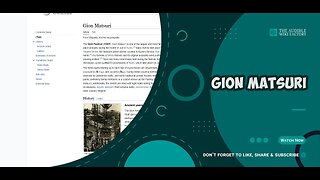 6:00
6:00
The Audible Wiki Factory
1 year agoThe Gion Festival is one of the largest and most famous festivals in Japan, taking place
399 -
 DVR
DVR
Robert Gouveia
3 hours agoSenator's Wife EXPOSED! Special Counsel ATTACKS; AP News BLOWN OUT
18.6K17 -
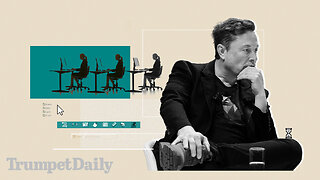 LIVE
LIVE
LFA TV
1 day agoDefending the Indefensible | TRUMPET DAILY 2.25.25 7PM
568 watching -
 6:09:26
6:09:26
Barry Cunningham
9 hours agoTRUMP DAILY BRIEFING - WATCH WHITE HOUSE PRESS CONFERENCE LIVE! EXECUTIVE ORDERS AND MORE!
38.8K34 -
 1:46:37
1:46:37
Game On!
4 hours ago $1.37 earnedPUMP THE BRAKES! Checking Today's Sports Betting Lines!
9.46K -
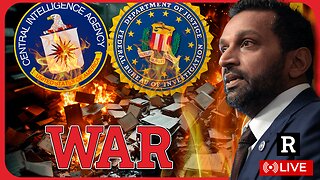 1:27:21
1:27:21
Redacted News
3 hours agoBREAKING! SOMETHING BIG IS HAPPENING AT THE CIA AND FBI RIGHT NOW, AS KASH PATEL CLEANS HOUSE
110K145 -
 1:08:28
1:08:28
In The Litter Box w/ Jewels & Catturd
23 hours agoCrenshaw Threatens Tucker | In the Litter Box w/ Jewels & Catturd – Ep. 749 – 2/25/2025
63.1K38 -
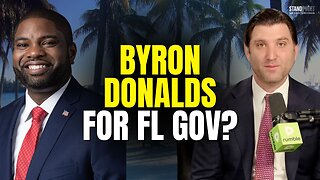 44:57
44:57
Standpoint with Gabe Groisman
1 day agoWill Byron Donalds Run for Florida Governor? With Congressman Byron Donalds
25.6K6 -
 1:06:25
1:06:25
Savanah Hernandez
3 hours agoEXPOSED: FBI destroys evidence as NSA’s LGBTQ sex chats get leaked?!
42.1K15 -
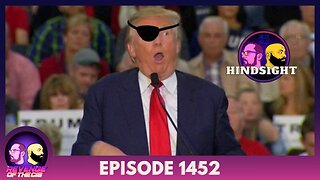 1:59:58
1:59:58
Revenge of the Cis
5 hours agoEpisode 1452: Hindsight
37.5K3